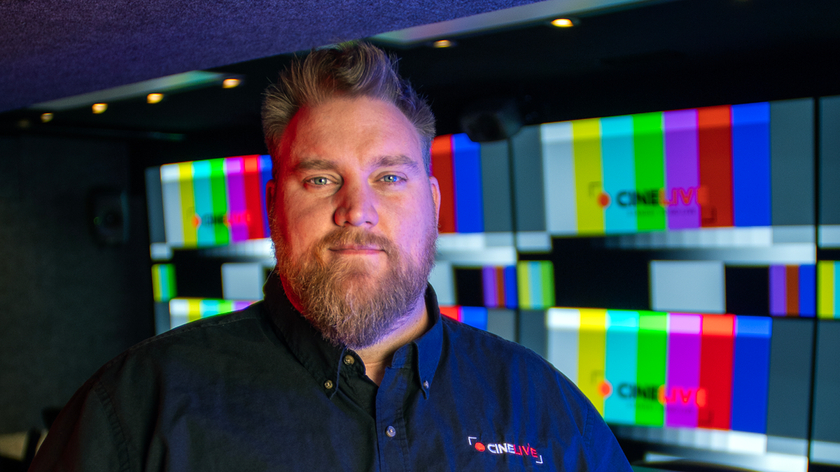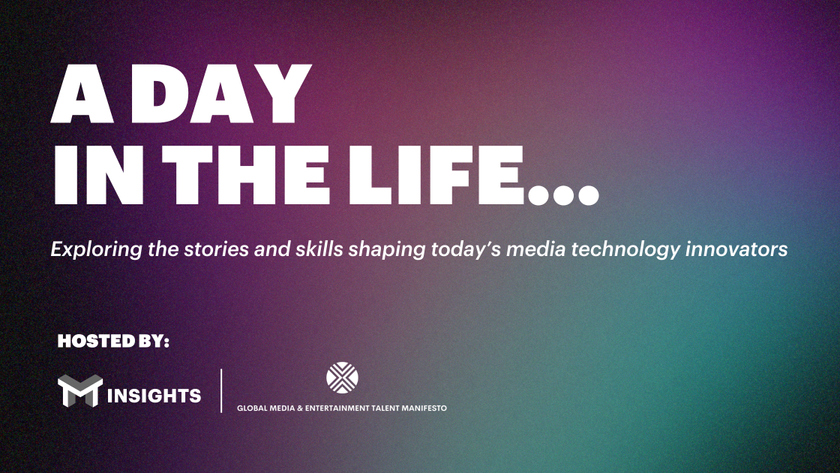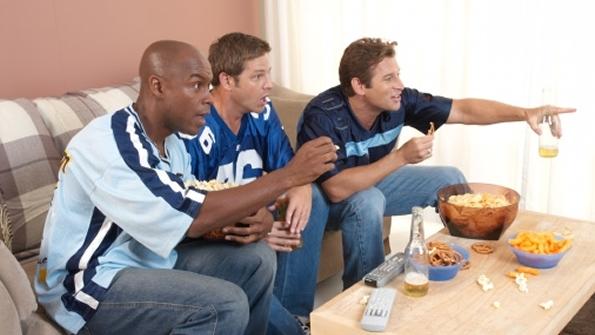Don't Let Urgent Keep You From Important

An issue of Newsweek at the end of 2009 carried a joint interview with Secretary of State Hillary Clinton and former Secretary of State Henry Kissinger. In the beginning of the piece, they talked about something that sounded very familiar.
Kissinger: "One of the problems of government is to separate the urgent from the important and make sure you're dealing with the important, and don't let the urgent drive out the important."
Clinton: "I would add to what Henry said, that, in addition to the urgent and the important, you try to keep your eye on the long-term trend lines because what is neither urgent nor important today might become one or the other by next year or the year after."
If I didn't know better, I would think they were talking about working at a television station. Since all the TV stations I've worked at have had news departments and local programming commitments, those are really the only ones I can, with some authority, discuss. I've always imagined that at a station where you receive and play back programming and commercials, life would be different. But I don't know that for a fact.

I'm not going to argue with a news director about news being a critical part of what a local affiliate is today. News is the local identity of the station and a crucial means to boost revenues.
But the nature of news is urgent, urgent, urgent. With an early morning newscast, a noon newscast, several evening newscasts and a late night newscast, the next deadline is just a few hours off. And then there's breaking news.
And as soon as you walk out of the newsroom, there will be someone from sales with a one-time-only opportunity to add a new client to the dwindling advertiser roster. Urgent. Turn down a hall to the left or right, and there will be more "Urgents," while you still have a list of "Importants" and "Long-terms."
In the Newsweek article, Sec. Kissinger continued: "So at the end of every day you almost have to make a decision—about who you are going to insult by not dealing with his or her problems."
I don't know if I've ever had someone tell me they were "insulted" because I couldn't help them. I seem to remember the words "mad" and "angry" being used more regularly.
SOME ADVICE
So, here are a few of pieces of advice. Keep your GM in the general loop. Even if you're new to your management position, the GM probably watched your predecessor go through this same triage routine: who to help; how much to help.
Remember I said to keep him in "the general loop." I wouldn't throw out a list of requests and plead for advice. Rather, have regular, 50,000-foot conversations about those challenges. Let him know how, in general terms, you try to deal with them. Alert him if the general mix of these "Urgents" is changing.
This can help in a couple of ways. First, if he disagrees with your general thinking about how to balance all the Urgents, he can give you course-correction information that you can apply to the specific day-to-day requests.
And second, these conversations can help the GM in knowing that your "who-to-help" decisions are not being made capriciously. Instead, his understanding of your challenges will help him have your back when individuals try to service their own Urgents by going around you directly to him.
Then keep your eye on the Long-Term responsibilities you have, particularly with the people you supervise. It's my experience that good, well-motivated people solve a lot of problems, and allow you to get a lot more done.
In particular, remember this formula: Performance Appraisals = Important. Keep them actively on the Long-Term agenda; don't let them become Urgent.
Work on performance appraisals way out in front. If they're required once a year, put the task of writing each individual one on your calendar a couple of months before its due date. Then put the session(s) with individual employees on your calendar a month prior to due date. Steal time away from the office to get these done, if necessary.
Also on the people front, Hiring = Important. Where would you go to replace any of your employees if that suddenly became an urgent need. In this economy it may be easy to say: "There's plenty out there to choose from." But where would you go to get the best? Have your usual sources of people panned out well lately? Has there been any particular candidate, whose résumé crossed your desk, that interested you?
Urgent can occupy you 24/7. Make sure you take care of Important and Long-Term.
Craig Johnston is a Seattle-based Internet and multimedia producer with an extensive background in broadcast. He can be reached atcraig@craigjohnston.com.
Get the TV Tech Newsletter
The professional video industry's #1 source for news, trends and product and tech information. Sign up below.












